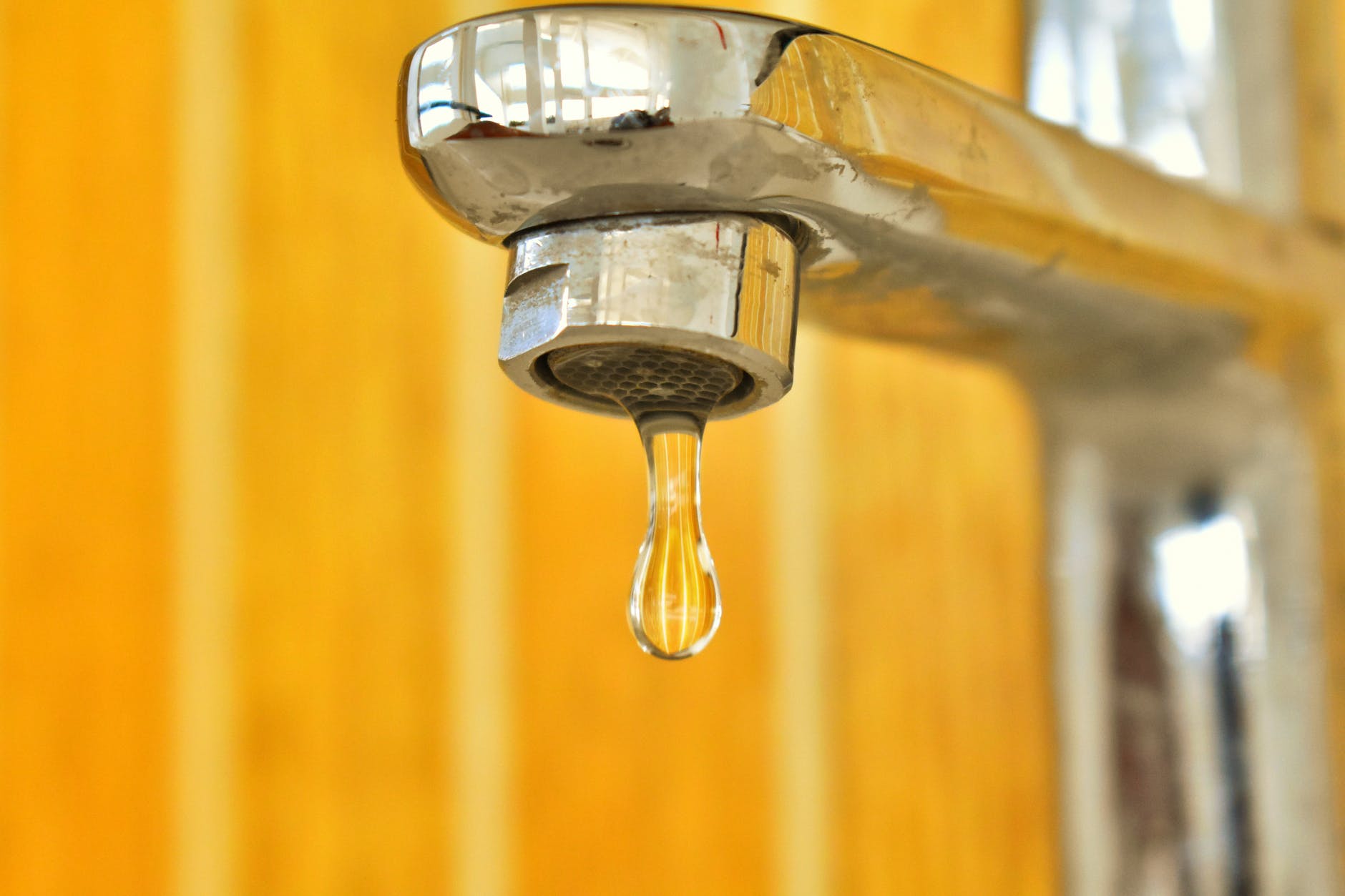Homeowners and tenants alike have become accustomed to even water pressure from their home’s fixtures and faucets. Even water pressure makes showers a delightful experience. Kitchen sink faucets with consistent water pressure make for a satisfying dish-washing ordeal.
Ideally, the water pressure at your home should remain consistent. Low-pressure water is a red-flag sign of impending plumbing problems. The rule of thumb when you realize that your water pressure levels have suddenly dropped is to call a professional plumber.
Personally, there’s very little you can do to repair this situation. Here’s why. Many of the causes of low water pressure require professional plumbing tools like the best sewer camera. Two, it takes a professional to perform a complete diagnosis of the plumbing system to prevent the onset of this issue or any other plumbing problems in the future. Here are the eight most common reasons your water pressure might be falling.
1. The main shutoff valves
It is important to adjust the main water valve properly for optimal water pressure. This valve is the gateway that regulates the amount of water flowing into your household. A partially opened shutoff valve limits the amount of water flowing to your faucets and fixtures.
Typically, this water valve is conveniently located at the front or side of your home’s exterior. Once you’ve located the valve, turn it in an anticlockwise direction to shut it off and restore ideal water pressure in your home.
2. The water meters
It is illegal to tamper with the city’s water meter in Denver. You are only allowed to handle the meter in plumbing emergencies. However, this does not preclude you from using your meter to troubleshoot your plumbing system. Ideally, the water meter handle should be parallel to the valve.
Contact your local water authorities if your water meter handles slants at an angle to the water pipe or main supply line. The water department officials will then guide you on restoring normal water pressure at your place.
3. Water heater issues
Surprisingly, the water heater is capable of affecting your home’s water pressure. Here are two ways how the water heaters cause low water pressure on your hot and cold taps.
The build-up of hard water: Sediments and minerals get deposited on the lining of the water heater tank daily. Over time, these deposits form a layer that effectively limits water flow in and out of the water heater tank. That causes low-pressure water to flow out of your taps and showers.
The water heater valve is closed: At times, you close the water heater’s valve during routine repairs and, you forget to reopen it afterward. The closed valve causes a significant drop in the water pressure. Switch the valve on to restore your faucet’s water pressure to normal. Be extra careful when handling water heaters to avoid accidents and injuries. Call a plumbing professional when faced with problematic water heaters.
4. Aerator screens that are obstructed
The aerator screen plays an important role in regulating the water flow in your faucets. This screen helps to conserve water. The screen is lined with many tiny holes, and these often get clogged with debris. As a result, the emerging water pressure drops and is reduced to a tickle if you don’t perform repairs. Remove the screen and clean it in vinegar or hot water to restore optimal pressure. If the screen has rust, replacing it is the best option.
5. Corroded or clogged pipes
The water pipes are the arteries that feed and drain your plumbing system. If these pipes get obstructed by accumulated debris or rust, you are likely to experience a drop in water pressure. Clogs prevent smooth water flow and, if they are large enough, they cut off the flow completely. Completely blocked pipes are vulnerable to dangerous bursts.
Corroded pipes are responsible for lowered water pressure, especially in older homes. Rusted pipes should be discarded at the earliest convenience to prevent the low water pressure from escalating into a plumbing disaster.
6. Damaged pressure reducing valves
Most Denver homes come fitted with a water pressure regulator. Damages or the wear and tear of this device cause abnormalities in your home’s water pressure. If you are experiencing low water pressure due to a spoiled regulator, you have to call a licensed 24-hour plumber in Denver and have it fixed or replaced. The water meter has to be shut down when replacing this gadget. And, in Denver, it is only the water department staff permitted to tamper, in any way, with the meter.
7. Leaks everywhere
Leaks often trigger a barrage of other plumbing problems. The leakage causes a drop in the water pressure within the pipes. Check for condensation beneath countertops and underneath kitchen cabinets to find whether you have leaky pipes. Check for unexplained wetness in your washing machines, dishwashers, toilets, bathtubs, and sinks too. Stained ceilings and unusual water pools on the floors also indicate the presence of leaks.
8. Fault Left During Major Home Renovation
This is not the common reason for low water pressure, but sometimes there might be some dust left in the pipes. Rusty pipes can cause pressure to be blocked, resulting in low pressure. A professional home renovation expert always checks and clears pipelines with air pressure.
Increasing your home’s water pressure
If the other plumbing solutions fail, you can use a water pressure booster to increase the pressure. Get a professional plumber to install the pressure booster to avoid damaging the costly and delicate appliance.

